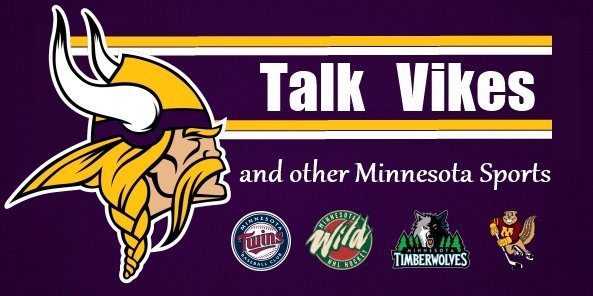 |
Talk Vikes and Other MN Sports
Forums Register Login My Profile Inbox Address Book My Subscription My Forums Photo Gallery Member List Search Calendars FAQ Ticket List Log Out |
| Logged in as: Guest |
|
| Page: |
|
|||
|
||
| Page: |
|
|
 |
Talk Vikes and Other MN Sports
Forums Register Login My Profile Inbox Address Book My Subscription My Forums Photo Gallery Member List Search Calendars FAQ Ticket List Log Out |
| Logged in as: Guest |
|
| Page: |
|
|||
|
||
| Page: |
|
|
| Forum Software © ASPPlayground.NET Advanced Edition 2.5.5 Unicode |